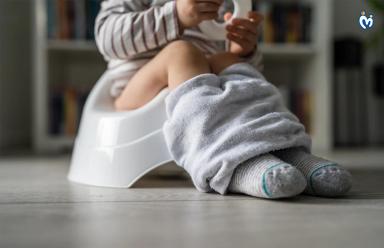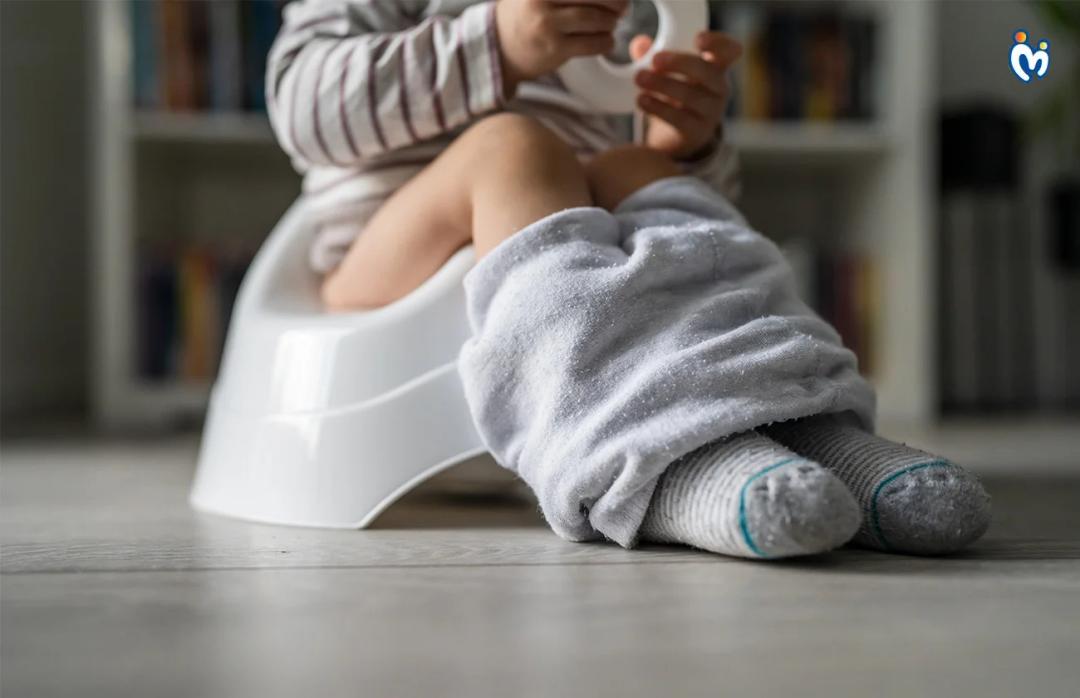My family had a pet at home ever since we were old enough to ask for one. Personally, I am a dog person and always have been. I grew up with dogs and not being greeted by a wagging tail and eyes full of love when I get home just feels strange. A recent study showed that there are more pets than children in American households and there is a sharp rise in number of Indian families opting for pets. There are so many benefits of raising a pet. For many pet owners their pet is their first child. If you are expecting a baby or planning to have a baby, one of your major concerns is bound to be about how your pet will react to the new member getting added to the family. As all kids are different; in the same way all pets be it cat, dog or any other domestic animal that you want to pet have their own personality and needs. If you are planning to get a pet, ask yourself certain questions:
- Do I have enough space for a pet?
- Am I prepared to be in such a long time association?
- Is my lifestyle suitable for a pet?
- Do I have enough money to support a pet?
- Will my children be okay with a pet in the house?
Let's discuss the pros and cons of the last question;
Pros
- Children with pets learn to become responsible: Simple activities like cleaning, feeding, walking, grooming can be handed over to children. Rewarding keeps children motivated to be responsible for their pet pals.
- Kids with pets have stronger immunity system: Children who have pets are less susceptible to infections. Children who play with dirt come in contact with beneficial bacteria that increase the body’s immunity. Similarly, children with pets can also boost their body’s natural defense mechanisms. Analysts also found that children who lived in homes with dogs got fewer respiratory infections compared to others.
- Kids will have a companion all the time: Whatever your kid does, the pet especially dog will copy the same. Running, catching, jumping, eating or even playing in dirt - the dog will never let your kid feel lonely
- Children’s with pets are more active: If you have a bird or reptile, your child probably won’t be much active. But if you have a cat or dog, your child will have many more opportunities to play, walk and even run with his or her pet.Your child moves more and will also engage in healthy playtime, which is always a much-needed break from screen time. Activity level in children with pets also helps in reducing the risks of childhood obesity and diabetes. Experts report that children who are raised with pets require fewer visits to the doctor.
- Kids raised with pets learn compassion and empathy: Pet ownership contributes to children developing great sense of empathy and compassion. Pets teach children how to be empathetic; they also help children love unconditionally. A pet may or may not be able to express their affection, and a child may be able to show love even if they don’t receive it in return.
Child-development experts recommend pets for children as they reap many benefits. Pets at home help kids make friends easily, help in promoting communications, teach kids about living beings, and helps them learn about joys and sorrows in life. Kids feel safe with a pet and can be left alone at home with confidence for small periods of time. Pets help instill discipline in children and teach affection, sharing, and trust. In fact pets help kids lead a healthy lifestyle and cut short hours spent watching television or playing computer games. Pets have been proven very beneficial for differently-abled children too. With so many pros there are also some cons of having a pet around.
Cons
- Safety: If you are getting a pet home, it's your responsibility to look after the safety of both kid and pet. Kids can be bitten by home pets as well if dogs are not taught to be well acquainted with a kid around or asked the kid to respect the dog's space. Kids don’t have the ability to read dog’s cues and to know when to back off. Never let a kid and dog unsupervised. You never know what your kid is up to, and you cannot expect the dog to be more than a dog.
- Allergy Concerns: Your child may already show some sensitivity to foods, plants, dust and or mold. If you suspect that he or she might also have an allergy to animal fur, try to rule that out before introducing a pet to your home. Otherwise, they may have to part with the new pet and that can cause a lot of tears. Babies can get over-friendly with pets and a loving lick from the animal can transmit infectious stuff like fecal matter on to the mouth or eyes of your child. Cat allergies are twice as common as dog allergies. Also, a cat that urinates indoors or on your baby’s toys or other stuff is a health hazard. Felines are also vulnerable to toxoplasmosis infections which can be transmitted to humans.
- Schedule disorder: Getting a pet home means you will sometimes be at the mercy of their schedule. For example cats are naturally nocturnal, and are likely to find their way on top of you while you try to sleep. Similarly, dogs, birds, and many exotic animals will sometimes feel the need to make as much noise as possible in the middle of the night and may wake up your kids disturbing their schedule as well. Your mind should be prepared for all such challenges before you get a pet home.
- The most essential thing to remember is that if a pet has been vaccinated against rabies and unfortunately if the pet bites your child, it doesn’t guarantee protection to the baby. Your child will still require 5 Injections of Rabies vaccine as vaccinating the pet protects the pet from getting the disease but doesn’t stop to carry the virus in the saliva.
Personally I feel there is no pairing more dynamic than kids and their pets. Your dog will become an essential part of your child’s life because dogs are well known to love you no matter what. And kids really feel this bond. Your dog will be with you on your best days and on your worst. They are going to greet you with a wagging tail every single time you come home and if that is not love, I really don’t know what is.
FAQ's
Q. Is it safe to raise a baby or toddler with a pet at home?
Ans.Yes, with supervision and proper pet training, it is safe. Always supervise interactions, especially with young kids who may not recognize a pet’s boundaries. Teach kids how to approach and respect animals.
Q. What are the benefits of having pets for children?
Ans.Pets teach responsibility, empathy, and compassion. They help boost immunity, promote physical activity, reduce screen time, and even support emotional well-being. Children with pets are often more socially confident and healthier overall.
Q. Can pets help improve my child’s immune system?
Ans.Yes. Exposure to pets early in life has been linked to fewer respiratory infections and a stronger immune response due to contact with beneficial bacteria.
Q. How do pets influence children’s emotional development?
Ans.Pets help children learn empathy, care, patience, and how to express love. They provide unconditional companionship, which fosters emotional security and self-esteem.
Q. What are some concerns with having pets around babies or toddlers?
Ans.Main concerns include:
- Bites or scratches if boundaries aren't respected
- Allergies to pet fur or dander
- Health risks from pet saliva or feces
- Noise disruptions and sleep disturbances
- Schedule constraints due to pet care needs
Q. Can my child develop allergies due to pets?
Ans.Yes, some children may be allergic to pet fur, dander, or saliva—especially cats. If your child has existing sensitivities, consult a pediatrician or allergist before bringing home a pet.
Q. How can I prepare my pet for the arrival of a new baby?
Ans.Start early by gradually introducing changes to routines, limiting access to certain areas (like the nursery), and reinforcing obedience training. Give your pet time to adjust before the baby arrives.
Q. Should I let my child take care of the pet?
Ans.Children can handle age-appropriate tasks like feeding, brushing, or playing with pets. These chores teach responsibility, but always monitor to ensure both child and pet are safe.
Q. What types of pets are most suitable for families with kids?
Ans.Dogs and cats are common choices due to their affectionate nature. However, calmer breeds, smaller dogs, or low-maintenance pets like rabbits or guinea pigs might be better for younger kids or busy households.
Q. What should I do if my child is bitten by a vaccinated pet?
Ans.Even if your pet is vaccinated against rabies, you must consult a doctor immediately. The child may still need post-exposure rabies vaccinations, as vaccination protects the pet but doesn’t guarantee the virus isn’t in its saliva.


















